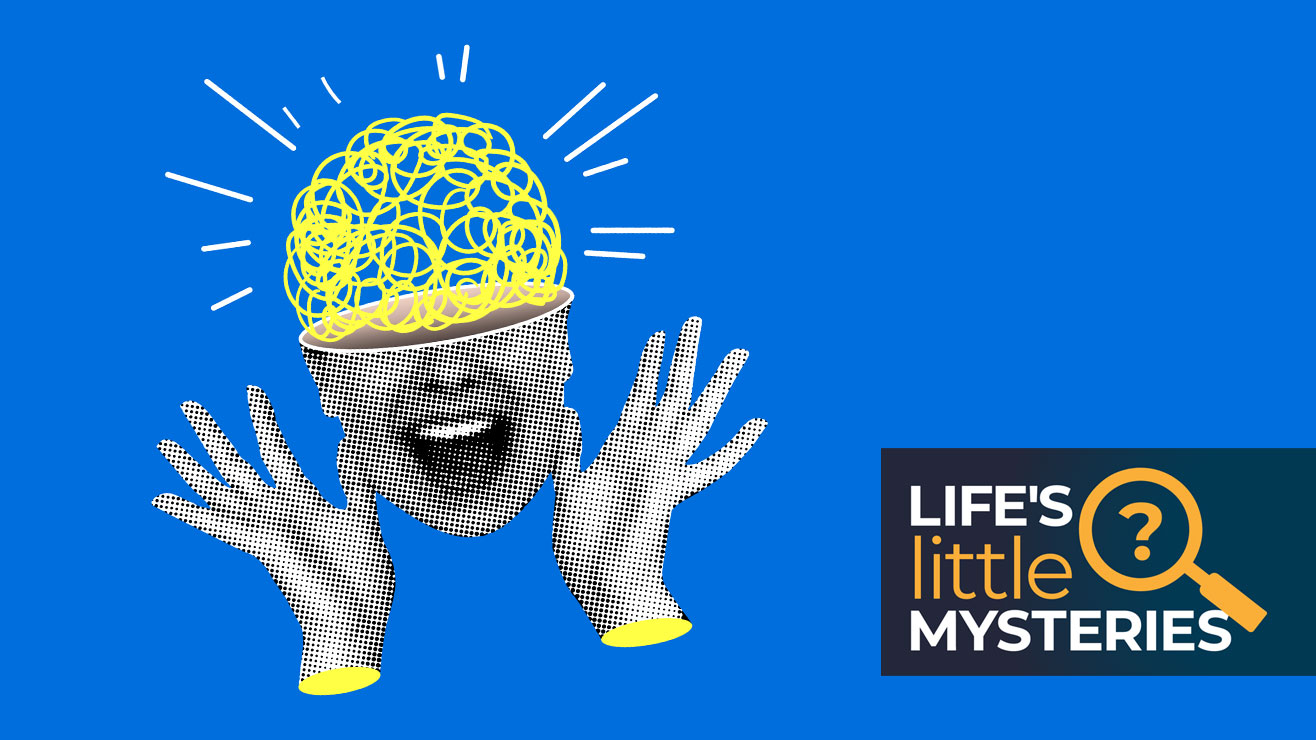6% of US Teens Use Psychiatric Medications

More than 6 percent of American teens use one or more psychiatric medications, such as anti-depressants or ADHD medications, according to a new report from the Centers for Disease Control and Prevention.
That percentage, which is based on surveys of U.S. teens ages 12 to 19 conducted between 2005 and 2010, is comparable to the rates of psychiatric medication use among teenagers between 1999 and 2004, and could suggest that the trend of increasing medication use over the past three decades has been leveling off, said Bruce Jonas, a health statistician at the CDC's National Center for Health Statistics.
Just half of the teenagers who reported using psychiatric medicines in the last month also reported having seen a psychiatrist or other mental health professionals in the past year. However, for the 1.8 percent of teenagers who reported taking more than one medication, the researchers found that almost 80 percent said they had seen a mental health professional in the past year. [5 Controversial Mental Health Treatments]
The researchers also found large differences among races in reported use of psychiatric medications. More than 8 percent of white teenagers reported using medications, compared with about 3 percent of black or Hispanic teens.
The drugs that teens most frequently reported taking in the survey were anti-depressants and medications for hyperactivity/attention-deficit disorder (ADHD). More than 3 percent of the teens said they had taken anti-depressants in the past month. Similarly, 3.2 percent of teens reported having used ADHD medications, according to the report.
About 1.5 percent of teenagers reported having taken anti-anxiety or anti-psychotic medications.
Depression and ADHD are the most common mental health disorders among teenagers, studies show. Previous reports from NCHS in recent years found that about 4 percent of teens ages 12 to 17 had experienced depression, and approximately 9 percent of children ages 5 to 17 had been diagnosed with ADHD.
Get the world’s most fascinating discoveries delivered straight to your inbox.
In the new survey, girls were twice as likely as boys to report using anti-depressants. In contrast, boys were more than twice as likely to use ADHD medication. The findings are in line with previous observations that depression is more common in girls, whereas ADHD is more commonly diagnosed in boys, Jonas said.
Anti-depressants, ADHD medication and other psychiatric drugs require prescriptions, and participants who reported using a medication were asked to show the medication's container to interviewers who carried out the survey through in-person home interviews.
Treatment options other than prescription medication are available for depression, ADHD, and other mental health disorders — for example psychotherapy, the researchers noted, adding they were not able to analyze the frequency of other treatments in their dataset.
The report is based on data from the National Health and Nutrition Examination Survey, which tracks the health and nutrition status of children and adults across the U.S.
Email Bahar Gholipour. Follow us @livescience, Facebook & Google+. Original article on LiveScience.



